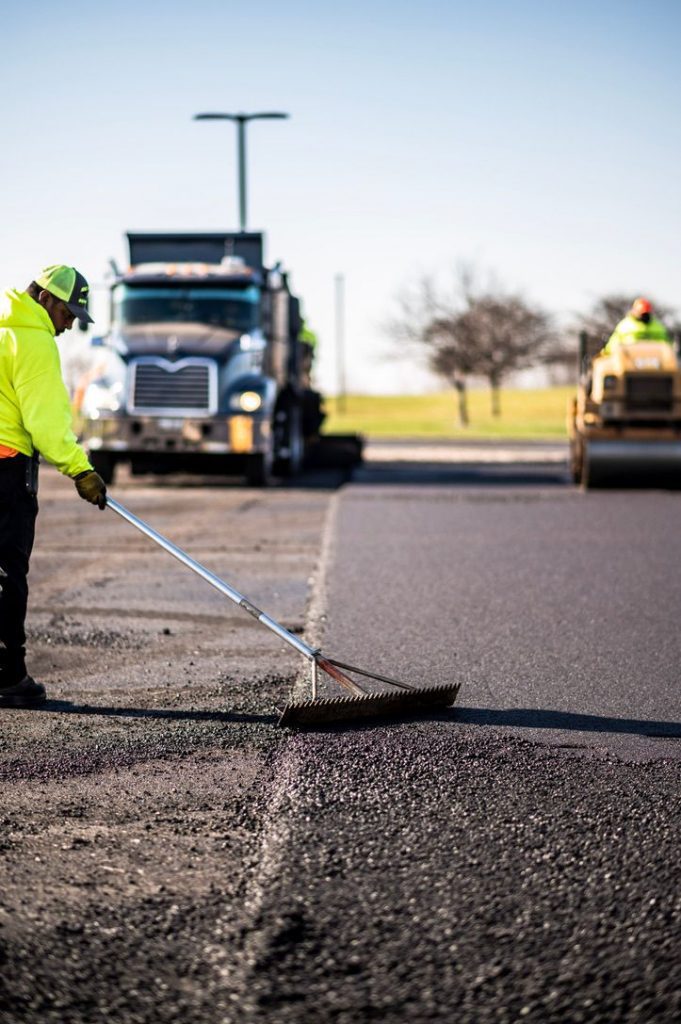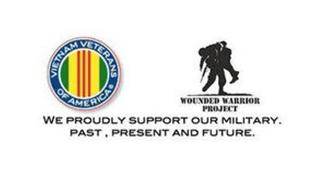Commercial Paving for the greater Chicagoland and Midwest Area!
- Chicago: 773.378.2390
- South Suburbs: 708-479-0400
- Northwest Suburbs: 847.240.2560
- Mon to Fri 9:00am to 6:00pm
- 19148 104th Ave, Mokena, IL 60448
Commercial Paving for the greater Chicagoland and Northwest Indiana Area!
- Chicago: 773.378.2390
- South Suburbs: 708-479-0400
- Northwest Suburbs: 847.240.2560
- Mon to Fri 9:00am to 6:00pm
- 19148 104th Ave, Mokena, IL 60448


